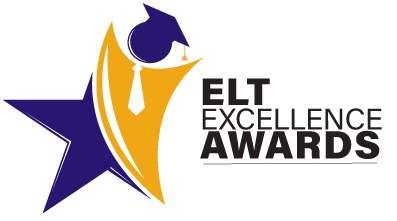Welcome Judges
Teenage ISSUES: Engaging Teens in Critical Thinking Through Contemporary Social Topics
Nomination Description
Teeange ISSUES is a series of supplementary lessons (3-4 hours of teaching) that addresses contemporary social issues directly relevant to students, particularly teenagers. It is taught in C1/C2 classes and includes 10 thematic units such as Social Media Overexposure, Teenage Aggression/Bullying, Addiction to Shopping, Climate change etc.
Purpose
The primary objective of this series is to offer students of this age group the opportunity to be informed, engage in discussions, and critically explore issues that pertain to their lives. Through introductory questionnaires, designed to foster self-awareness and a deeper understanding of each issue, as well as texts specifically crafted to present and analyze each topic, students develop a more comprehensive awareness of the relevant topics and demonstrate genuine interest. Additionally, the discussions that arise promote a deeper understanding of the issues and challenge students’ critical thinking skills, encouraging them to delve further into the subject matter, propose solutions, and enhance their empathy.
Structure
Each unit (ISSUE) focuses on a specific topic and begins with a questionnaire, allowing students to express their initial thoughts and share their perspectives and experiences related to the topic. This is followed by a text that analyzes the issue, providing students with the necessary information and vocabulary to articulate their opinions more constructively and productively. A second text (typically in the form of a blog or forum post) presents additional aspects of the topic, enabling students to gain a broader understanding. The Critical Thinking sections further enhance interactivity by stimulating discussions in both pairwork and groupwork formats. At the conclusion of each unit, students are required to express their opinions on the topic (e.g., through an opinion essay, blog post, or review), having already acquired the relevant vocabulary.
Outcomes
– Oral practice: A noticeable increase in student participation was observed, including from the more reluctant learners. In many cases, discussions evolved into debates, proving highly productive.
– Vocabulary: Students demonstrated greater confidence in expressing themselves, having acquired the necessary vocabulary.
– Written expression: Given the relevance of the topics to their interests, and having explored each dimension in detail, students found the written tasks more manageable and engaging.
Διοργάνωση

Should you need further assistance please contact
Athinia Koutouvali, athina.k@eltnews.gr, T: +30 (0) 210 6712 991.
© 2025 ELT Excellence Awards. All Rights Reserved – Terms & Conditions


